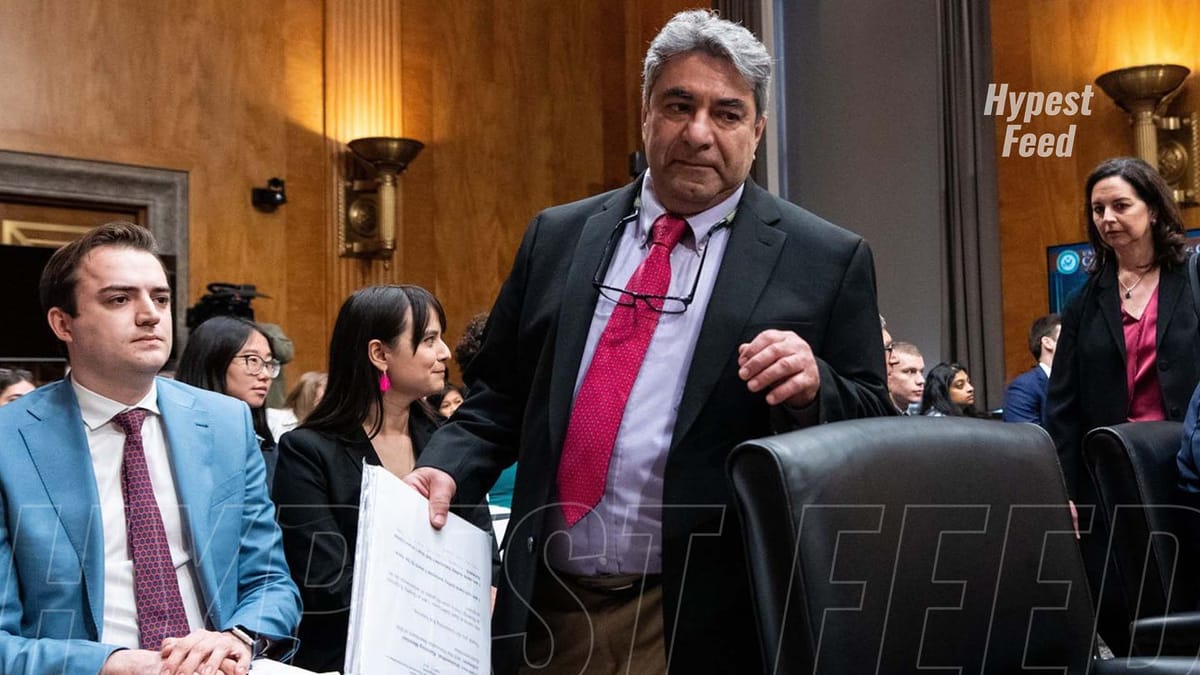In the wake of yet another unsettling development, the news of a Boeing whistleblower's untimely death has sent shockwaves through both the aviation industry and the broader community. This latest casualty, a seemingly robust and healthy 45-year-old, succumbed to a sudden and severe infection, amplifying concerns and sparking a flurry of speculation regarding the circumstances surrounding their demise. The perplexing question looms large: is this a mere coincidence or does it hint at a more intricate web of clandestine dealings? As the narrative unfolds, attention turns to the intricate dynamics at play within the aerospace giant's inner workings, where speaking out against perceived wrongdoing often comes at a hefty cost. Against the backdrop of an industry marred by controversy and a company grappling with a turbulent history, each new revelation serves to deepen the sense of unease and skepticism surrounding Boeing's operations. With investigations underway and the spotlight firmly fixed on corporate accountability, the tragic passing of yet another whistleblower serves as a stark reminder of the inherent risks and complexities involved in navigating the murky waters of corporate whistleblowing. As stakeholders and observers alike await further developments, the quest for transparency, integrity, and justice remains paramount in ensuring a safer and more accountable aviation industry for all.
"Another Boeing Whistleblower Passes Away: A Healthy 45-Year-Old Succumbs to Sudden Infection. Coincidence or Foul Play?"



Member discussion: